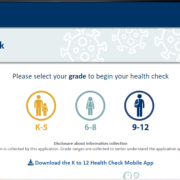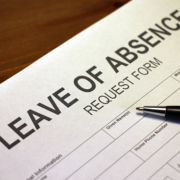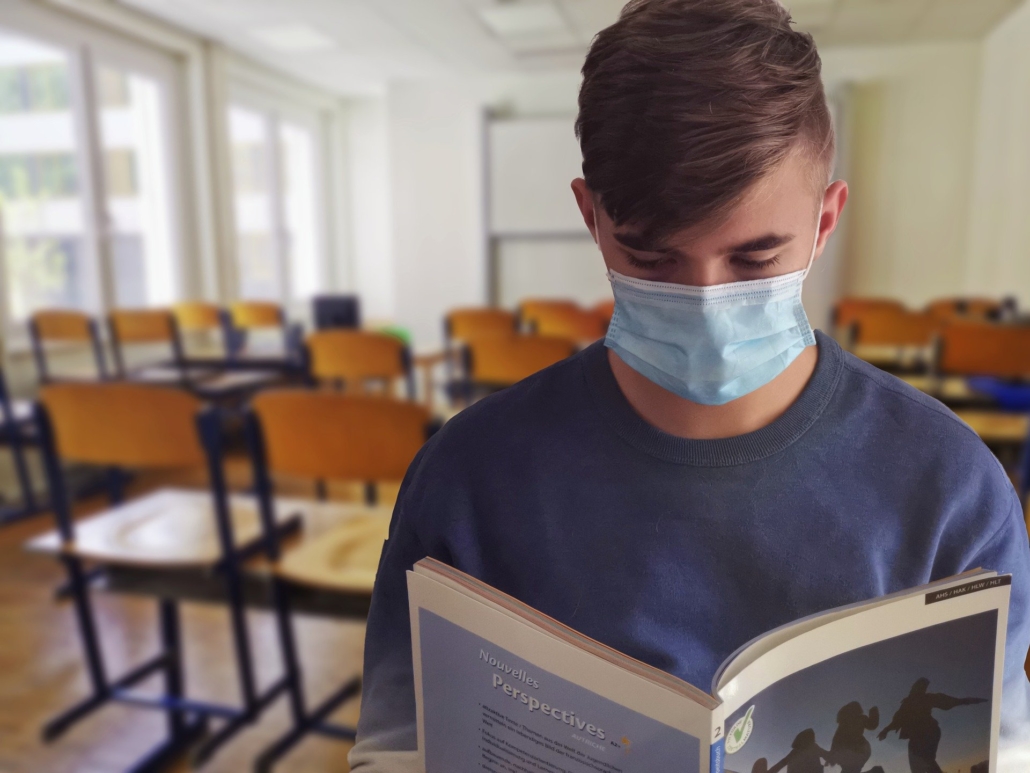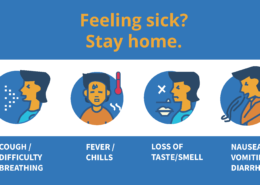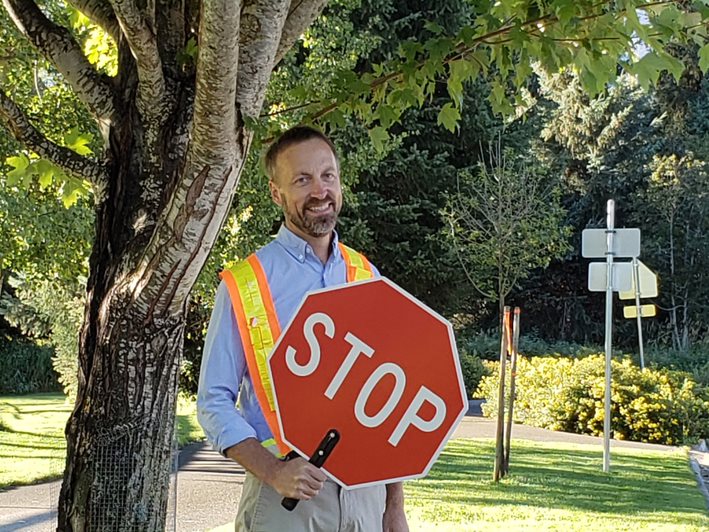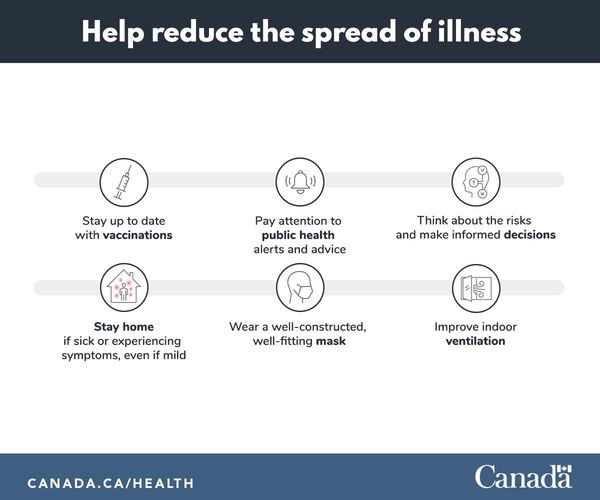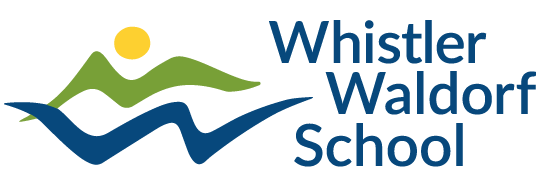WWS will continue with general classroom cleaning policies to properly dispose of classroom garbage, recycling and organics in order to limit waste collection and protect the cleanliness and health of our students, teachers and staff. Students are encouraged to “pack-out” what they “pack-in”.
The school will continue with Covid-19 Facilities Hygiene Procedures including cleaning and disinfection processes as recommended by the health authorities.
As well, all faculty, staff and students are required to maintain appropriate hand washing and sanitizing protocols upon entering the building and throughout the day.


